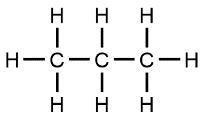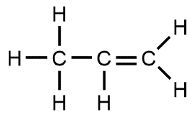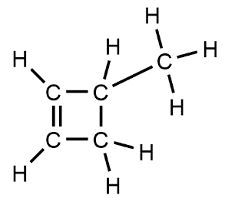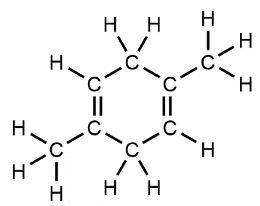Hey everyone. So in this video, we're going to take a look at understanding organic chemistry. Now, organic chemistry is the study of structure, properties, and reactions of carbon-containing compounds. A key feature of organic compounds is that they possess carbon single bonded to carbons and carbons single bonded to hydrogen bonds. Here, we're going to say that hydrocarbons are organic compounds that contain only carbons and hydrogens. Many organic compounds can also contain other types of elements, including oxygen, nitrogen, sulfur, and the halogens. Below, we just have some typical types of organic compounds.
Now, for the first one, we're talking about propane. Propane is a hydrocarbon, meaning it's made up of only carbons and hydrogens. Here, the 3 carbons in the center would be surrounded by hydrogens. We can find propane in propane tanks, which are used for barbecues and other things that we use in everyday life.
Next, we have ethanol. Ethanol possesses an oxygen now. Like before, we have carbons connected to hydrogens, but now we also have the inclusion of an OH group. Ethanol is a key organic compound that we find in wine.
Next, we have the molecule for caffeine. We can see that this one is even more complex. We have carbons, nitrogens; we have double bonds here, here, here, here; we have nitrogens. So, caffeine is an important component of coffee.
And finally, here, we have geraniol. This is an important organic compound that we find in roses. This also contains pi bonds, double bonds, and another OH group, and as usual, a bunch of carbons connected to carbons and carbon-hydrogen bonds. So just remember when we're talking about organic chemistry, we're talking about reactions dealing with compounds containing hydrogen. A key feature of many organic compounds is carbons connected to carbons and carbons connected to hydrogens, and sometimes sprinkled in other types of elements.





